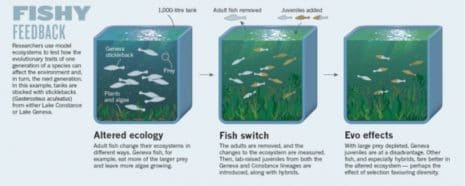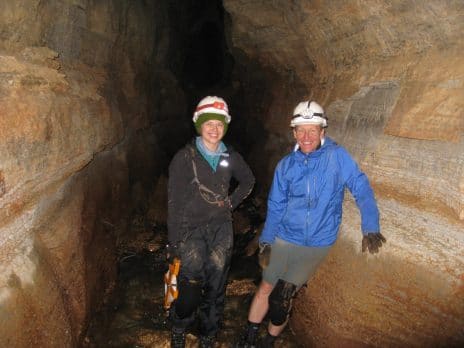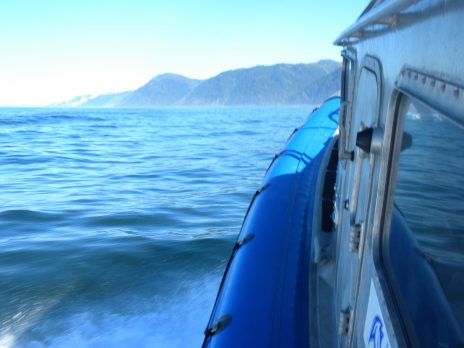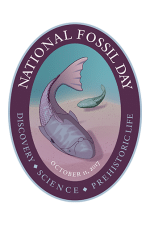 Biologists interested in where biodiversity comes from and how it matters for ecosystem functioning are increasingly interested in the way evolution connects these two questions. Recent work on trait divergence in Swiss stickleback fish combines both processes in a single experiment. The paper by Rebecca Best and colleagues at the Swiss Federal Institute of Aquatic Science and Technology was published in Nature Ecology & Evolution, and highlighted in this
Biologists interested in where biodiversity comes from and how it matters for ecosystem functioning are increasingly interested in the way evolution connects these two questions. Recent work on trait divergence in Swiss stickleback fish combines both processes in a single experiment. The paper by Rebecca Best and colleagues at the Swiss Federal Institute of Aquatic Science and Technology was published in Nature Ecology & Evolution, and highlighted in this
Research Themes
Grand Canyon springs follow surprising paths
Master’s student Casey Jones and Professor Abe Springer have used dyes to trace the long and winding road that precipitation and snowmelt takes from sinkholes on the Kaibab Plateau to the iconic springs of the Grand Canyon. Read more in the Arizona Daily Sun.

Submarine canyons: linking the land to the sea
 Research published recently in Geophysical Research Letters and highlighted in Science shows that rock type dominating inland watersheds has a big impact on the probability of cutting submarine canyons when eroded sediment reaches the coast. Read about the research led by Mike Smith here.
Research published recently in Geophysical Research Letters and highlighted in Science shows that rock type dominating inland watersheds has a big impact on the probability of cutting submarine canyons when eroded sediment reaches the coast. Read about the research led by Mike Smith here.
Fish fossils for National Fossil Day

Dr. David Elliott’s work on fossils of heterostracan fish is featured for National Fossil Day, and on display at National Parks!
Grant to analyze effects of forest thinning on snowmelt using remote sensing
Professors Teki Sankey and Abe Springer received a new grant from the The Nature Conservancy to study how reduced canopy closure following thinning of ponderosa pine forests affects snow infiltration. Read all about it at NAU News.
Ecosystems recover more slowly from droughts
Dr. Christopher Schwalm talks to KNAU about his team’s recent research on the frequency, intensity, and recovery from drought over the last 100 years.